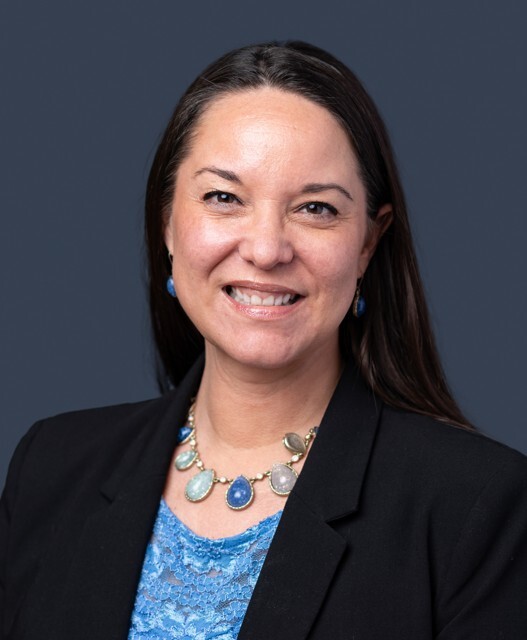
Patient Safety Series: Decreasing Hospital-Acquired Pressure Injuries
Includes a Live Web Event on 11/06/2025 at 12:00 PM (EST)
-
Register
- Non-member - $49
- Member - Free!
Hospital-acquired pressure injuries (HAPIs) are a costly and preventable harm, often rooted in delayed identification and intervention. At MedStar Southern Maryland Hospital Center, a multi-year, multi-phase quality improvement project tackled this challenge head-on—beginning in the Emergency Department, where prolonged patient boarding creates heightened risk. This webinar will highlight the development and implementation of an emergency nursing-specific pressure injury screening tool, created in collaboration with frontline nurses and integrated into the electronic health record. With over 2,500 patients assessed and 643 virtual wound care consults completed during the pilot phase, the project led to a 62% reduction in hospital-acquired pressure injuries.
Presenters will walk through each phase of the initiative—from early screening and evidence-based prevention bundles to the innovative use of a dedicated wound care patient care technician and virtual wound nurse consults. Attendees will gain insight into how structured workflows, interdisciplinary collaboration, and real-time interventions can drastically improve patient outcomes, reduce costs, and ensure equity in pressure injury prevention. Lessons learned from this project are highly adaptable for other emergency departments and care areas seeking to reduce harm, improve documentation, and embed a health equity lens into clinical practice.

Laura Ogle, DNP, CENP, CNE, CEN
Director of Nursing Professional Development
MedStar Southern Maryland Hospital Center

Jennifer F. Bierbaum, DNP, APRN-CNS, AGCNS-BC, CENP, GERO-BC
Director of Nursing Practice & Innovation, Magnet and Pathway Program Director
MedStar Southern Maryland Hospital Center
Jennifer F. Bierbaum, DNP, APRN-CNS, AGCNS-BC, CENP, CPHQ, GERO-BC is the MedStar Southern Maryland Hospital Center Director of Nursing Practice and Innovation, Magnet and Pathway to Excellence Program Director. She also serves as the MedStar Health Nurses Improving Care for HealthSystem Elders (NICHE) program coordinator for the system. Dr. Bierbaum graduated from Southeast Community College in Lincoln, Nebraska with an Associate Degree in Nursing and later attended the University of Nebraska Medical Center School of Nursing where she earned her Bachelor of Science in Nursing, Master of Science in Nursing and APRN certification as a CNS and Doctor of Nursing Practice degrees. In addition, Dr. Bierbaum attended the Wharton Nursing Leaders Program at the University of Pennsylvania.